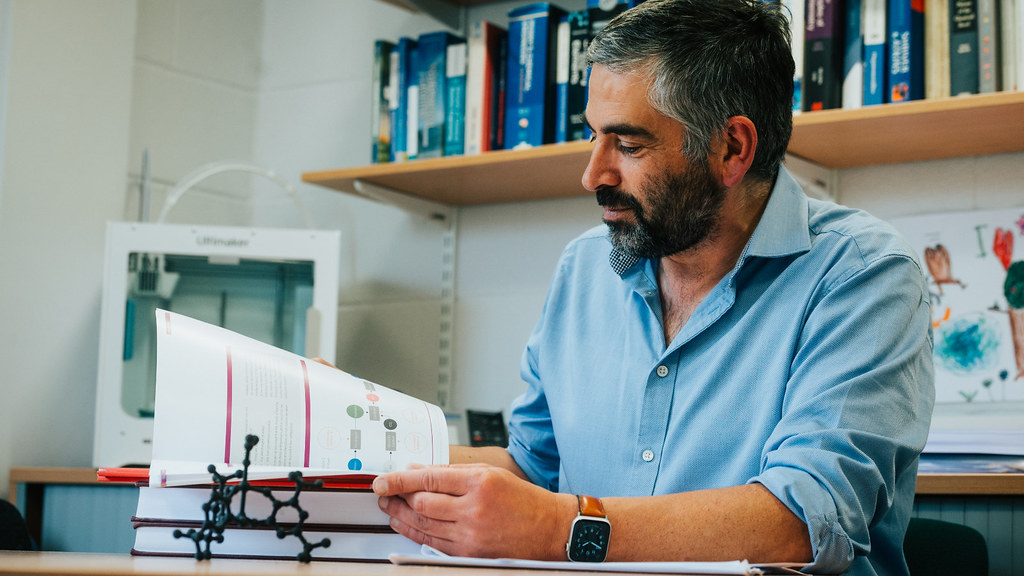We are a dynamic and collegiate research community delivering cutting-edge research with an interdisciplinary approach that crosses traditional boundaries between science and engineering.
Our world-leading institution brings together a breadth and depth of expertise in Sustainable Chemical Technologies and Sustainable Systems.
Find out more about our theme Sustainable Chemical Technologies
Find out more about our theme Sustainable Systems
